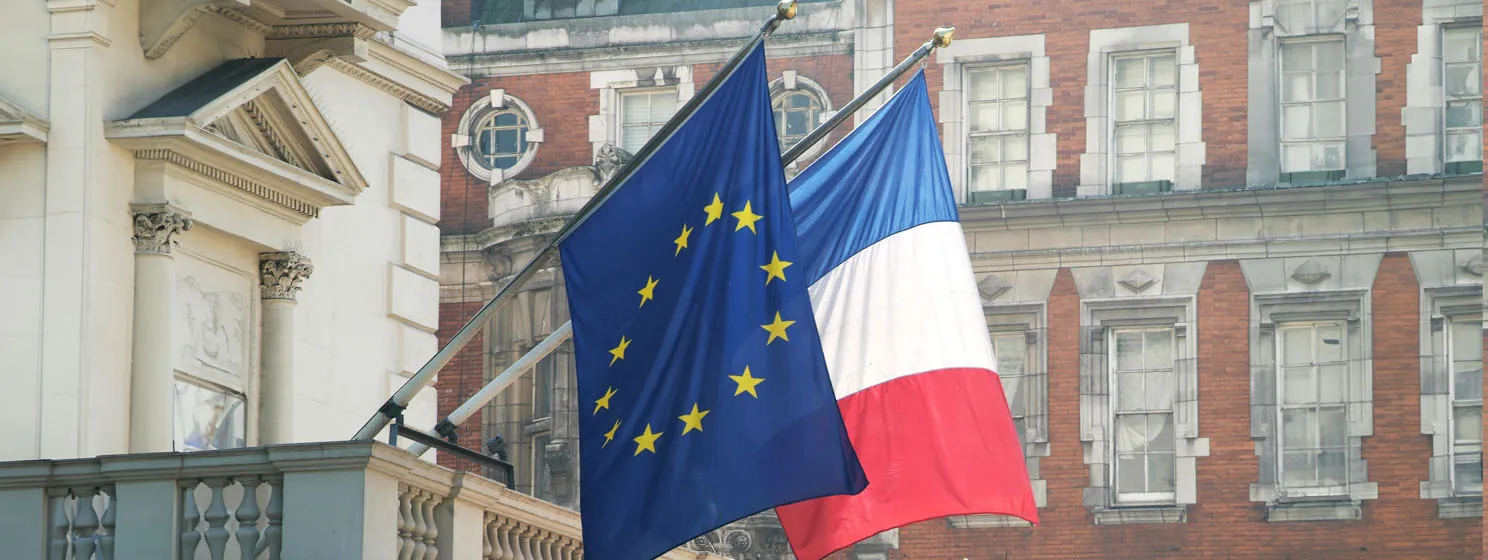|
Getting your Trinity Audio player ready...
|
Brazilian president Luiz Inácio Lula da Silva has signed into law a bill that gives the country’s central bank and securities regulator jurisdiction over the digital assets industry.
The rules were first proposed by a December law that sought to give the growing industry regulatory clarity in Latin America’s largest economy. It allowed Brazilians to make payments in digital assets and set out penalties for fraud in the sector.
President Lula has now signed the legislation, which sets a clearly defined regulatory and licensing structure for the sector. It takes effect on June 20.
The country’s securities watchdog, known as the Comissão de Valores Mobiliários (CVM), will have jurisdiction over all the tokens considered securities. However, the law fails to specify which tokens will be considered securities, delegating the responsibility to CVM. This leeway has sparked legal battles in other countries, including in the U.S., where the SEC is still engaged in a legal battle with Ripple over XRP.
The central bank will be charged with licensing digital asset firms, and it’s expected to establish the licensing framework soon.
Legal clarity will be a welcome reprieve for Brazilian VASPs, especially when dealing with banking partners. In the past, these companies have had their accounts closed by local banks, sometimes without an explanation.
The new law also doesn’t dive into the smaller details that some legal frameworks in other countries like Japan have. This includes placing exchange and wallet security requirements, prohibiting comingling of assets, and pushing for KYC.
Still, it’s a big win for the industry. Brazil ranked 7th in 2022 for digital asset adoption, the only Latin American country in the top ten. Its largest exchange, Mercado Bitcoin, has over three million users and was valued at over $2 billion in its last fundraising round. As CoinGeek reported, the exchange recently received an electronic money issuer license from the central bank.
Watch The Bitcoin Masterclasses on wallets and overlay services on the Bitcoin network

 09-17-2025
09-17-2025 





